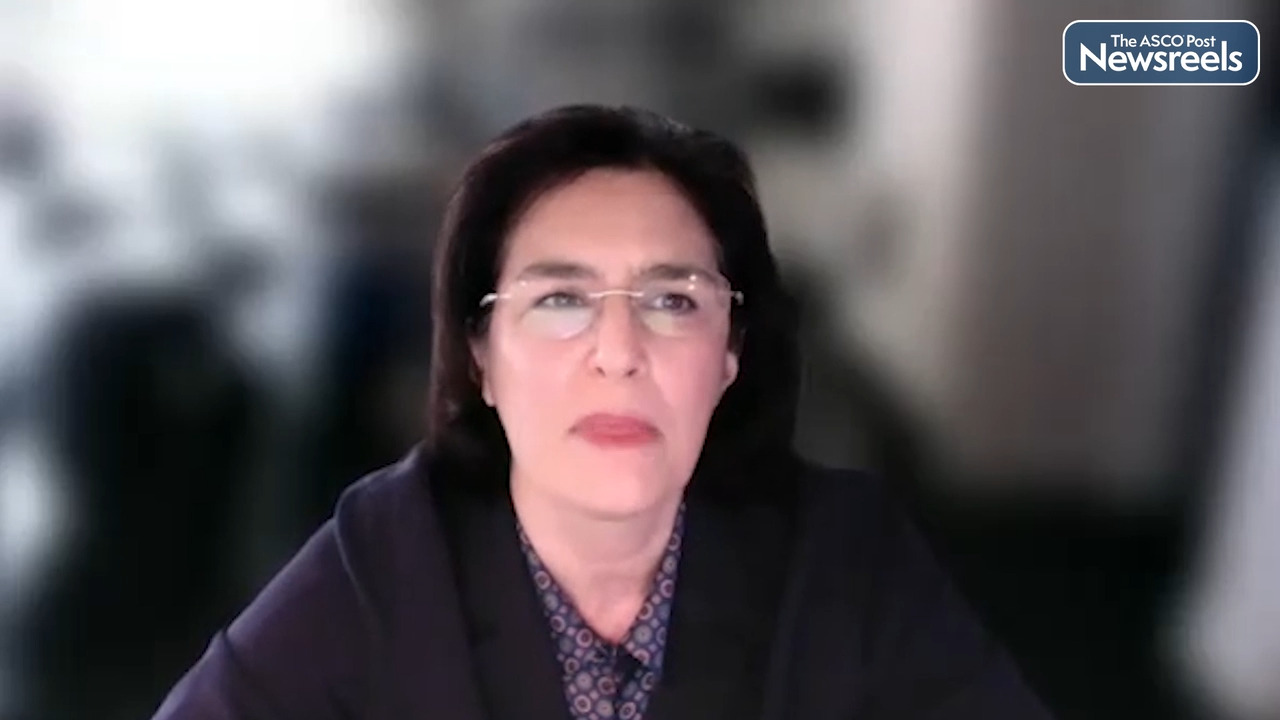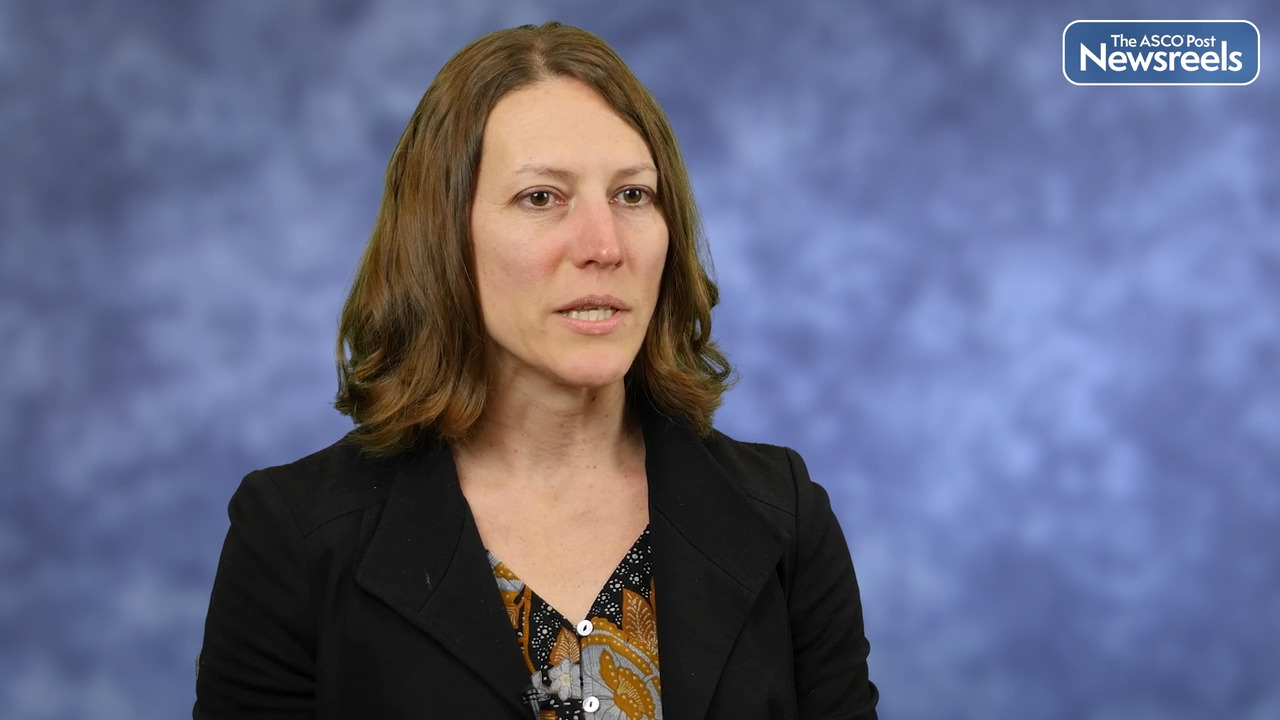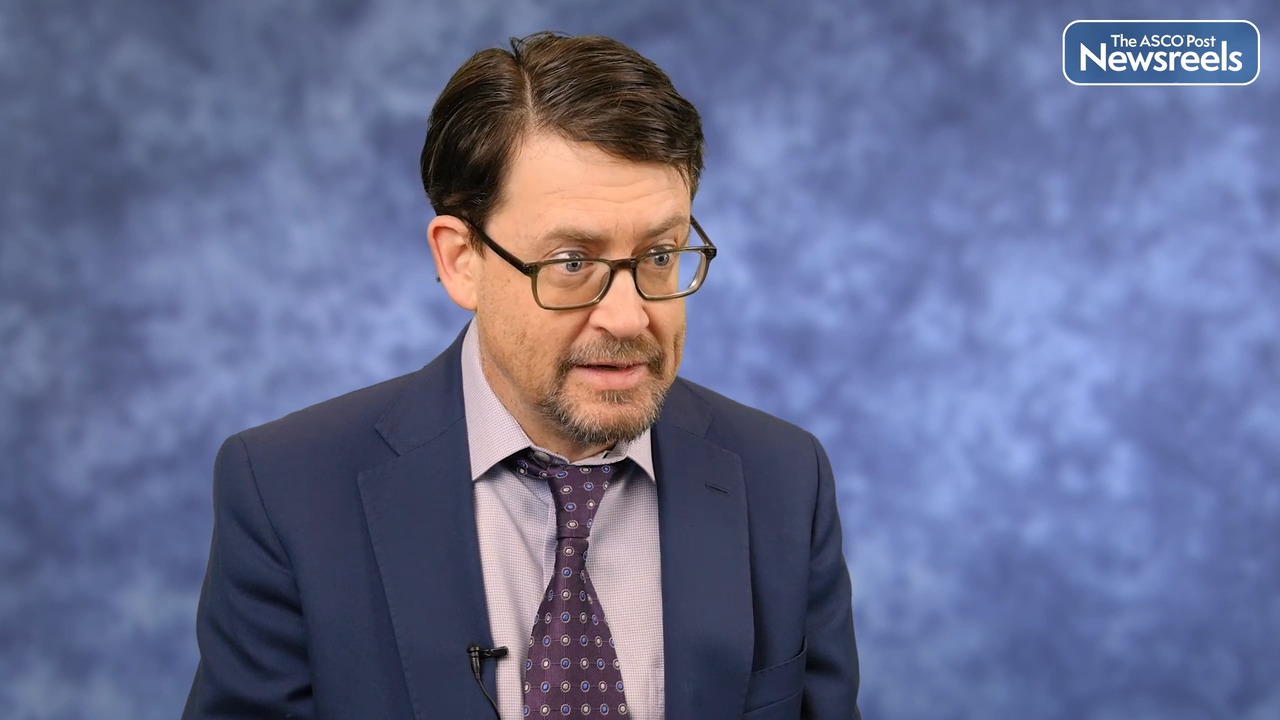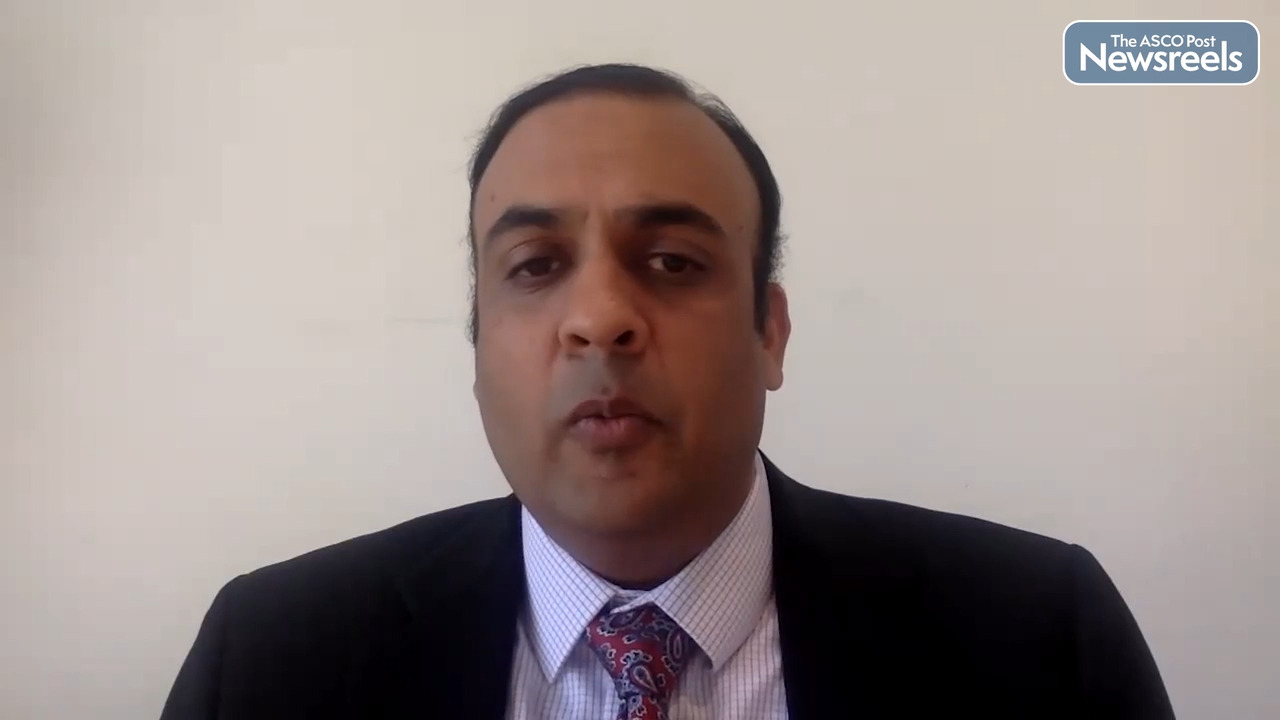Transcript
Disclaimer: This video transcript has not been proofread or edited and may contain errors.
Dr. Pratt-Chapman:
Lesbian, gay, bisexual, transgender, queer, and intersex people have unique cancer considerations from risk to screening, to treatment, to survivorship. And this also applies to policy. So, local jurisdiction issues, insurance coverage issues. So, as a researcher, I'm a queer identifying researcher that focuses on the health and healthcare quality of LGBTQI people. And my research really kind of spans the range of sexual orientation and gender identity data collection and use, including how do we ask these questions? What response options do patients want? When are these data collected? How are these data used? For example, I am leading a study that is looking at the wording of these questions as well as response options. I also led the development of cultural and clinical competency training for multidisciplinary teams to look at the range of unique issues for queer populations. Again, spanning from risk reduction through survivorship.
And really, queer rights are human rights. And so as an advocate, I'm really encouraging clinicians and administrators to do what they can, where they are, where they live and work to make sure that patients are safe in disclosing their sexual orientation gender identity, that they support the appropriate collection of these data and use in clinical practice and research, that clinical trials are inclusive, that clinical settings are affirming, and that we're able to better gather data to guide clinical care decisions in the future.
I recently wrapped up a study where I was collecting data from radiologists and radiation oncologists, and what was really clear was that transgender and intersex people in particular are facing clinical interactions and clinical care environments where at minimum they may be erased or invisible. And in many instances, providers don't feel clinically prepared or confident to care for the needs of these populations. And the vast majority of providers really want to provide good care. But there's a lack of systematic education and training for providers in kind of the differences in terms of, for example, anatomy that may or may not be present, or protections for individuals that may be seeking gender-affirming surgery at a later date and what that might mean for radiation treatment.
And so just accounting for the values and preferences of care of patients across the care continuum and attending to anatomy as opposed to sex and gender markers. Considering endogenous and exogenous hormones when you're thinking about medical management and really trying to degender clinical settings so that they're inclusive and comfortable for all populations are some of the ways that providers can help to move the needle and provide more affirming care to these populations.
NCCN and ASCO are committed to degendering guidelines. Coming soon, also are changes to HEDIS measures. So, there will be more anatomy driven cancer screening outcome measures in the future. So, administrators and clinicians can get ahead of this really by focusing on anatomy appropriate cancer screening as opposed to gendered cancer screening, and thinking about the whole person, the anatomy, the hormones, and the identity of people rather than kind of the binary sex markers that we've typically used in healthcare practice.





